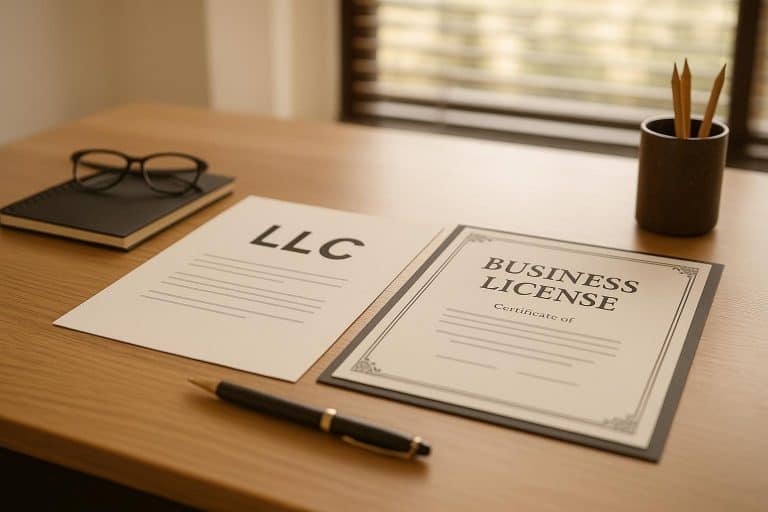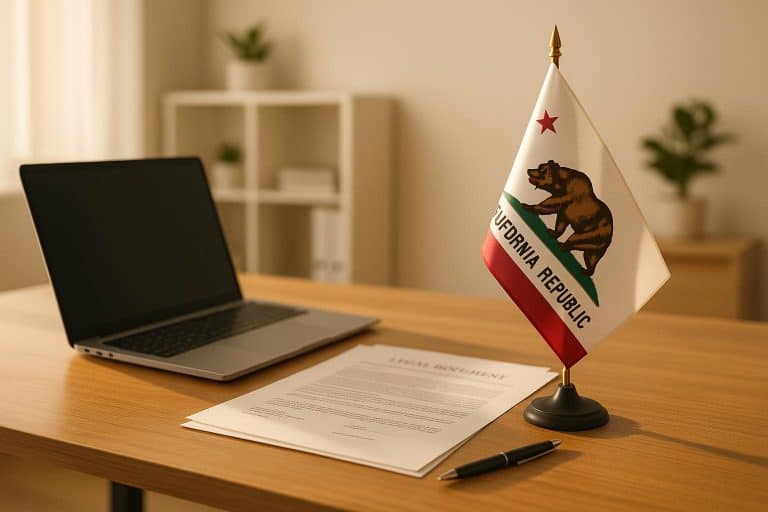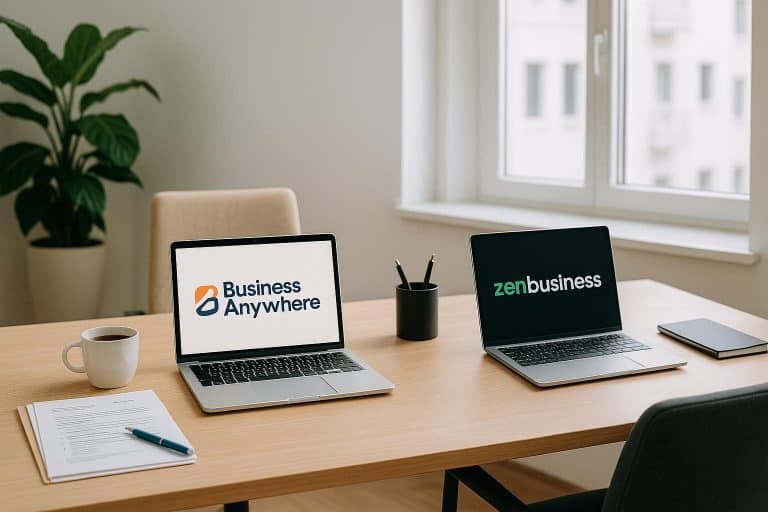What addresses are not accepted to open a business bank account is a common question among beginners. When creating a profile with these institutions for your company, there are criteria to meet.
Not mingling business and personal assets is an excellent benefit of this bank account for companies. Furthermore, it improves the professional image and loans and is useful when facing legal battles or filing taxes.
But what addresses are not accepted to open a business bank account is crucial information for novices? We’ll discuss the profile benefits and disclose what information to avoid. Let’s get started.
Why Should You Open a Business Bank Account?
You need a business bank account to manage finances and track customer transaction payments online after company formation. Furthermore, it protects personal assets, helps build a credit score, and simplifies bookkeeping.
Business bank accounts typically have online banking, mobile access, and overdraft protection, making operations seamless. They’re valuable to small, medium, and large companies, helping them run more efficiently and effectively.
What Are the Addresses to Avoid When Opening a Business Bank Account?
Don’t use a PO Box, mailbox rental store, virtual mailbox, and registered agent addresses when opening a business bank account because they’re ineligible.
PO Box
A Post Office Box (PO Box) is a numbered, lockable, and independent mailbox in a post office. It has a unique number, allowing postal customers to rent when receiving mail and packages for personal and business reasons.
Reserve a PO Box by physically registering one in your post office or signing up online. Then, you can redirect mail and packages to a free business address by filling out a change of location form.
A PO Box provides mobility, convenience, security, privacy, and speed. Mail and packages are safe and secure in this mailbox. While it’s valuable for receiving packages and mail in low or large volumes, you can’t open a business bank account with the address.
Financial institutions are picky about the information they require from customers when opening a business bank account. They deny applications and don’t recognize Post Office Box addresses as physical locations.
Mailbox Rental Store Addresses
A mailbox rental store is a business that allows individuals and online company formations to rent physical mailing addresses. It will enable them to receive mail and packages from various locations worldwide. The PostNet, Postal Annex, and UPS are examples of private providers in a plaza or retail center.
You can move between areas or switch countries, but your mail and packages go to the provided address.
Most users rent the service from any locally owned mailbox rental company with an address linked to the store. Unlike the U.S. Postal Service, you can receive mail from various courier companies.
Many providers offer 24-hour access and even alert customers when a package arrives so they can prepare for pickup whenever convenient.
Despite a mailbox rental store’s personal and commercial benefits, customers cannot open a business bank account with the address. It’s because the location has ties with the store you rented, making it ineligible.
Registered Agent Address
Most businesses should have a designated registered agent by law in the United States. These professionals act as your company’s official point of contact, accepting legal and process documents from the state.
You need these individuals to ensure compliance with rules and regulations and keep your organization from trouble.
You could ask a colleague, family member, or friend to act in this position for your company or hire a professional. Using your private home address, you could also function as your company’s registered agent.
While various address options are available, you can’t open a business bank account with a registered agent address.
The professional can interact with a financial institution on your behalf, but their address is ineligible for opening the account. Consider using a utility bill or lease that confirms your physical location.
Virtual Mailbox Services
These services let users access and read mail online with a smart device from anywhere worldwide. You can see your physical mail digitally with a virtual mailbox and choose what to do with it. You can store, forward, or dispose of the information and even deposit checks.
After choosing a service, you’ll get a virtual business address cheap to receive mail and packages. While it has various advantages, opening a business bank account in a financial institution is not one of them.
Attempting to open a business bank account with a virtual mailbox address often leads to flagging. The financial institution will flag it as a Commercial Mail Receiving Agent (CMRA) address in its database. CMRA is a service that receives messages from third parties.
A virtual home address doesn’t meet the requirements of what the banking industry defines as a physical address.
Key Takeaways
Are you still wondering what addresses are not accepted to open a business bank account? They’re usually from a PO Box or mailbox rental store. You also can’t go through the process using locations provided by a virtual mailbox or registered agent.
Financial institutions flag the information as they don’t recognize these addresses as physical locations. Attempting to open a business bank account with these options often leads to unsuccessful applications.
Most banks require the employee identification number (EIN) with business addresses to complete the business account creation task. Furthermore, you might also need to present the Articles of Organization and an operating agreement.








